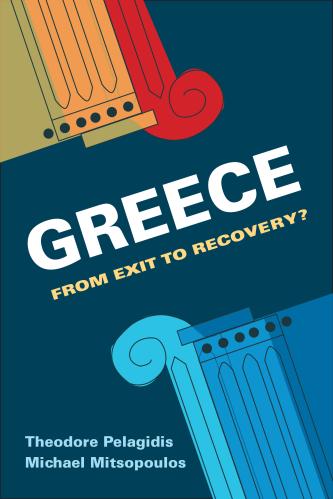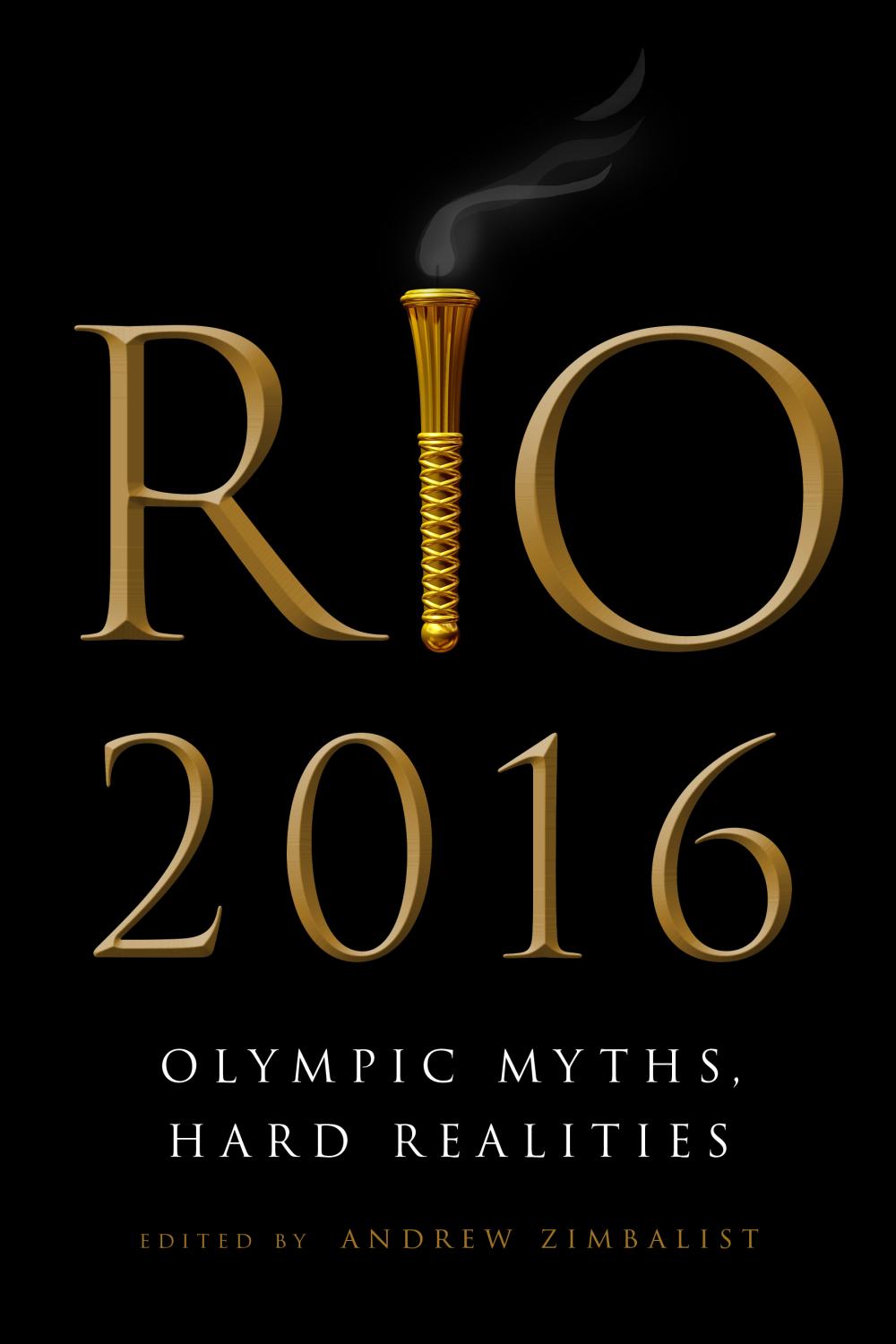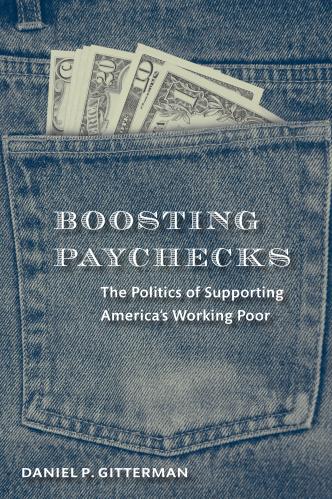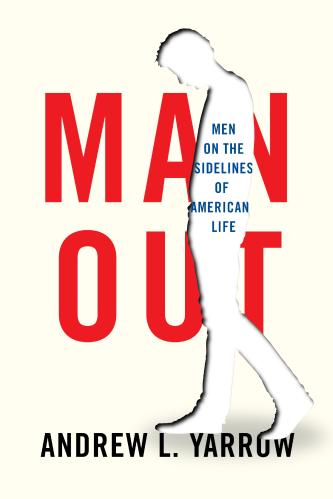


Book
A clear-eyed, critical examination of the social, political, and economic costs of hosting the 2016 summer Olympics
The selection of Rio de Janeiro as the site of the summer 2016 Olympic Games set off jubilant celebrations in Brazil—and created enormous expectations for economic development and the advancement of Brazil as a major player on the world stage. Although the games were held without major incident, the economic, environmental, political, and social outcomes for Brazil ranged from disappointing to devastating. Corruption scandals trimmed the fat profits that many local real estate developers had envisioned, and the local government was driven into bankruptcy. At the other end of the economic spectrum, some 77,000 residents of Rio’s poorest neighborhoods—the favelas—were evicted and forced to move, in many cases as far as 20 or 30 miles to the west. Hosting the games ultimately cost Brazil $20 billion, with little positive to show for the investment.
Rio 2016 assembles the views of leading experts on Brazil and the Olympics into a clear-eyed assessment of the impact of the games on Brazil in general and on the lives of Cariocas, as Rio’s residents are known. Edited by sports economist Andrew Zimbalist, the other contributors include Juliana Barbassa, Jules Boykoff, Jamil Chade, Stephen Essex, Renata Latuf, and Theresa Williamson.
Related Books

Theodore Pelagidis, Michael Mitsopoulos
June 28, 2014

Daniel P. Gitterman
December 28, 2009

Andrew L. Yarrow
September 11, 2018
Providing clear, detailed analysis of the impact of hosting the Olympic Games, this collection offers a critical intervention as to the political, social, economic and cultural impact of not only the 2016 Games but the entire Olympic Movement.
—Adam Talbot, Sociology of Sport
Andrew Zimbalist’s edited collection titled Rio 2016: Olympic Myths, Hard Realities is a masterful review of Rio de Janeiro’s Olympic Games and their impact across the city.
—Rio on Watch
A thoughtful, objective exploration of the economic, social, and political sacrifices and expenses that come with being an Olympic city. Recommended. All readers.
—CHOICE
A truly harrowing account of the enormous public and emotional toll of the 2016 Summer Olympic Games in Rio. Andrew Zimbalist and the other contributors to this volume provide an eye-opening tale of how the Games were sold and packaged as a showcase and economic catalyst and ended up being a billion-dollar boondoggle, taking a huge toll on the city and its neighborhoods. A cautionary tale for cities looking to the Olympics to somehow boost their global city status.
—Richard Florida, author of The Rise of the Creative Class and The New Urban Crisis
Andy Zimbalist is the smartest mind I know when it comes to seeing through all the ballyhoo of big-time sports and telling us what adds up, and what doesn’t.
—Scott Simon, host of NPR’s Weekend Edition Saturday
At their best, the Olympic Games are glorious, exciting, and memorable, and a source of pride for the host city. But, that is only part of the story. An important and less glorious Olympic reality can be found in these pages.
—Bob Costas
Rio 2016, a collection of deeply reported essays, brilliantly explores the contradictions inherent in hosting mega-sporting events. It should be required reading for government and corporate leaders as well as for community activists. Written in plain English, not academic jargon, this is a perfect book for college courses on globalization, economic development, and sports and society.
—Ambassador Derek Shearer, Chevalier Professor of Diplomacy and Director, McKinnon Center for Global Affairs, Occidental College
Author
Edited by
Andrew Zimbalist is the Robert A. Woods Professor of Economics at Smith College and a noted sports economist and sports industry consultant. He has published 26 books, most recently Circus Maximus: The Economic Gamble Behind Hosting the Olympics and the World Cup and Unwinding Madness: What Went Wrong with College Sports and How to Fix It (with Gerald Gurney and Donna Lopiano.)